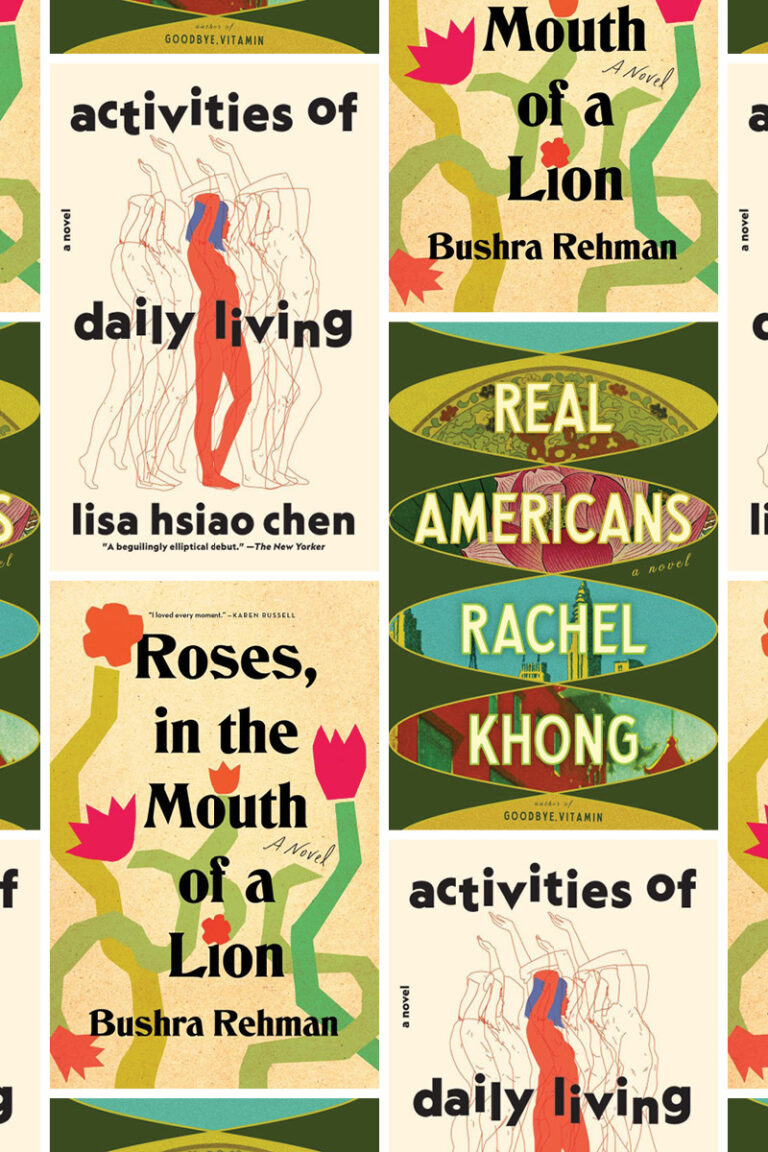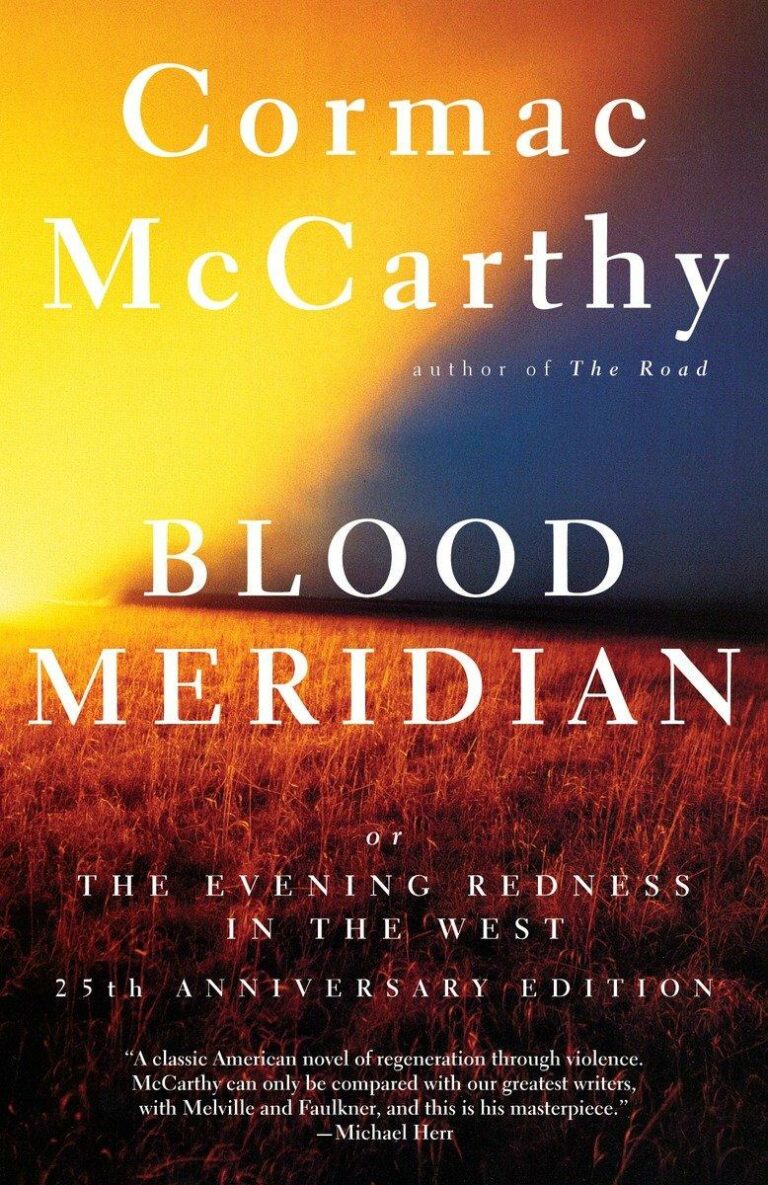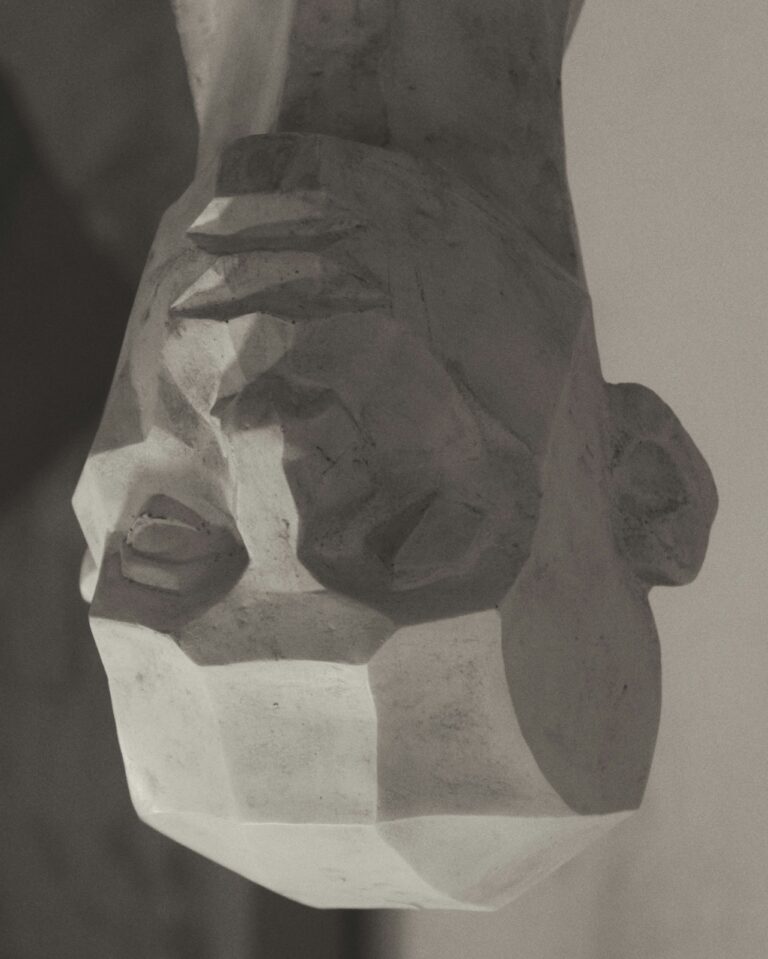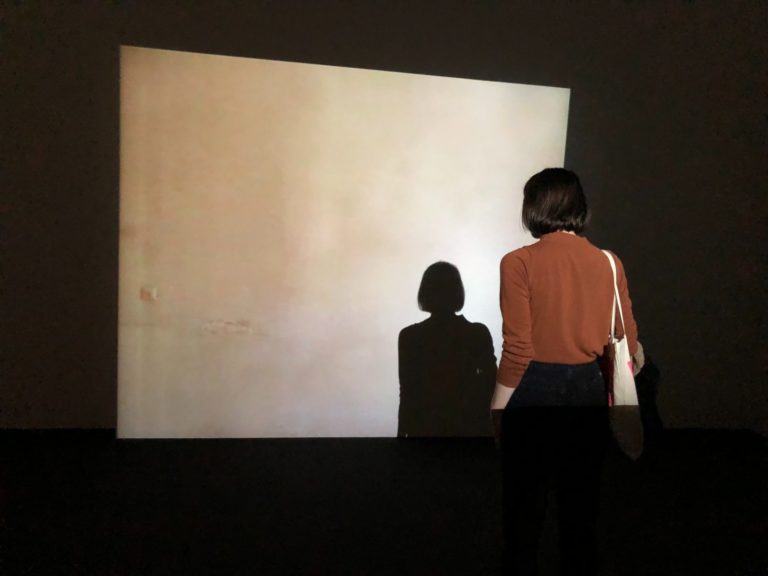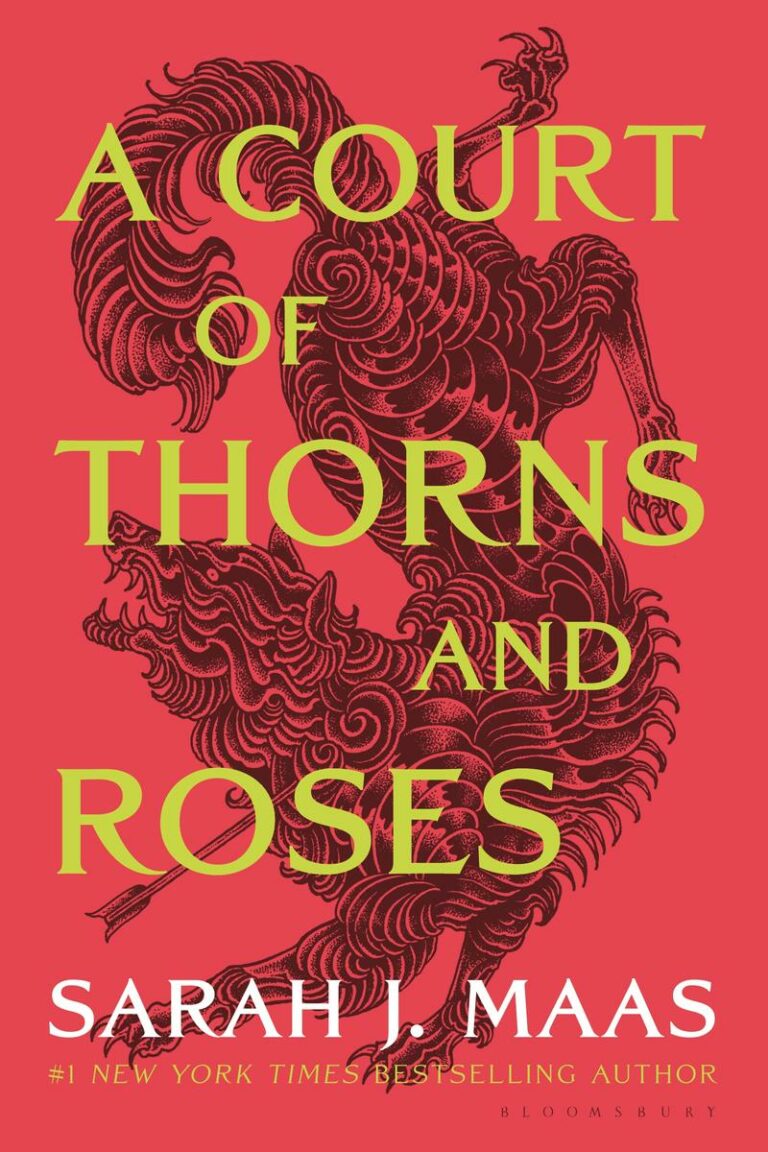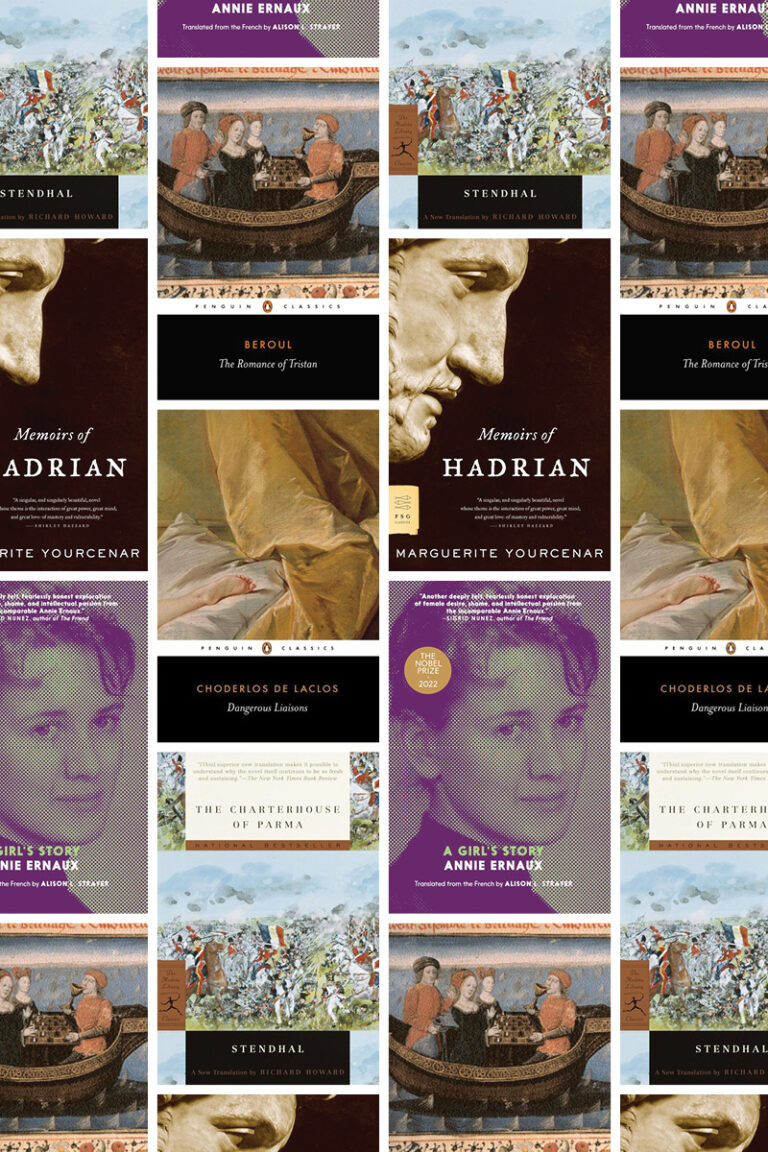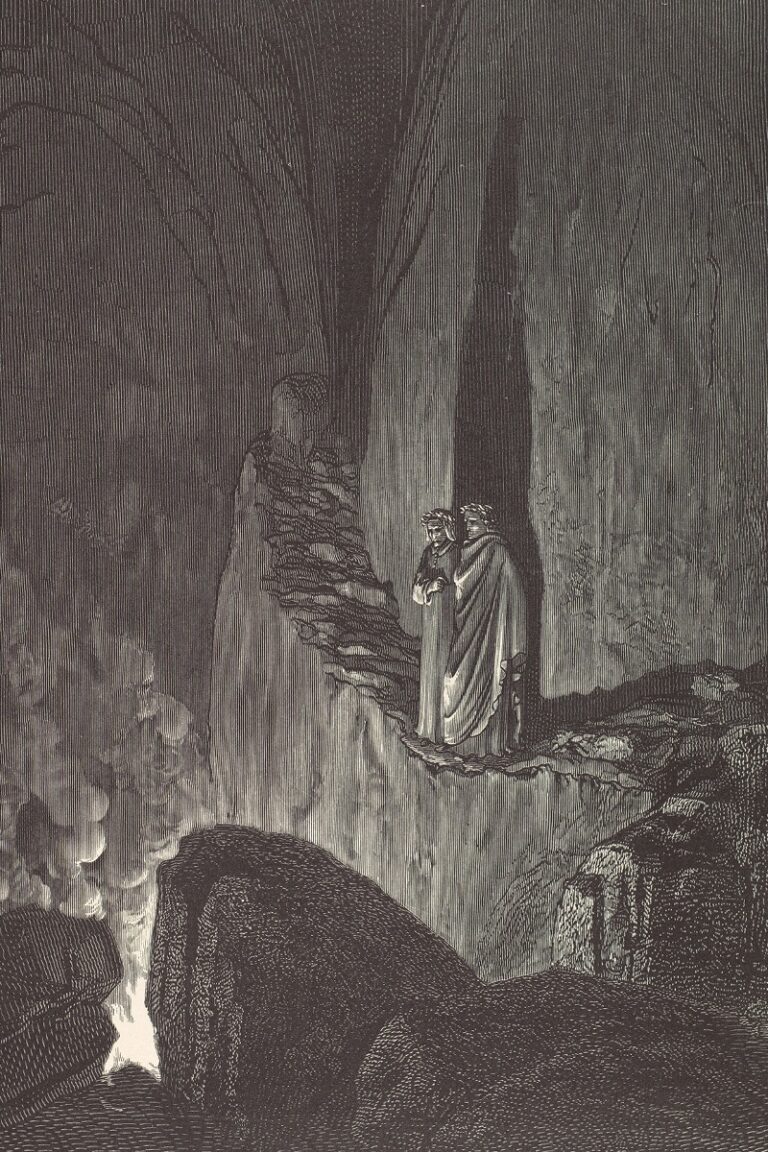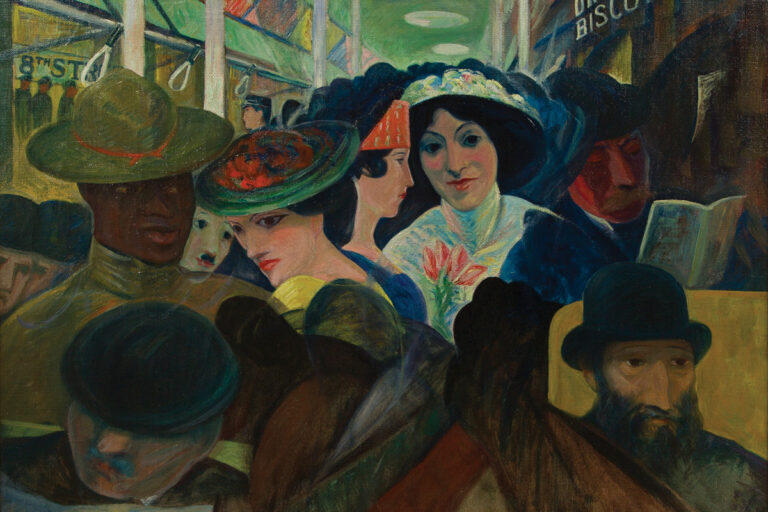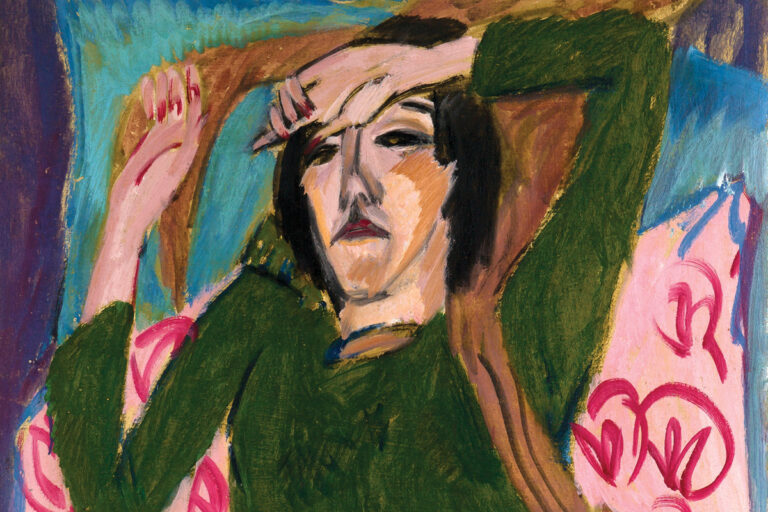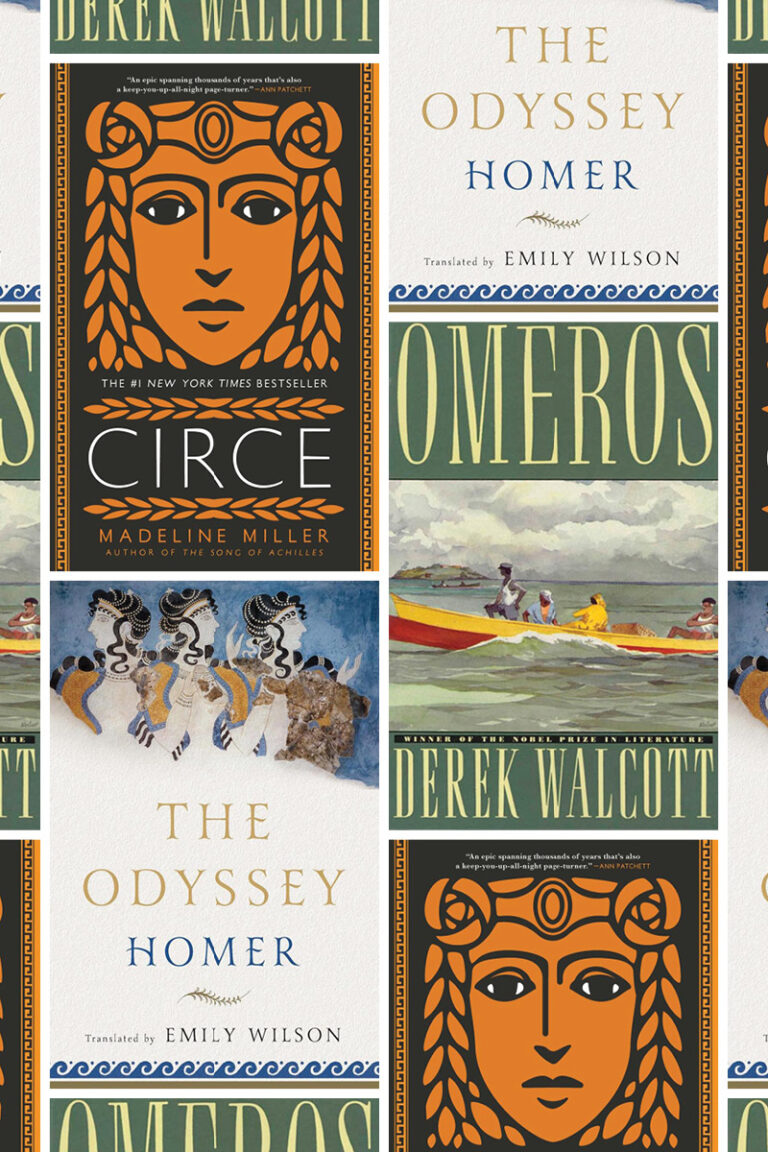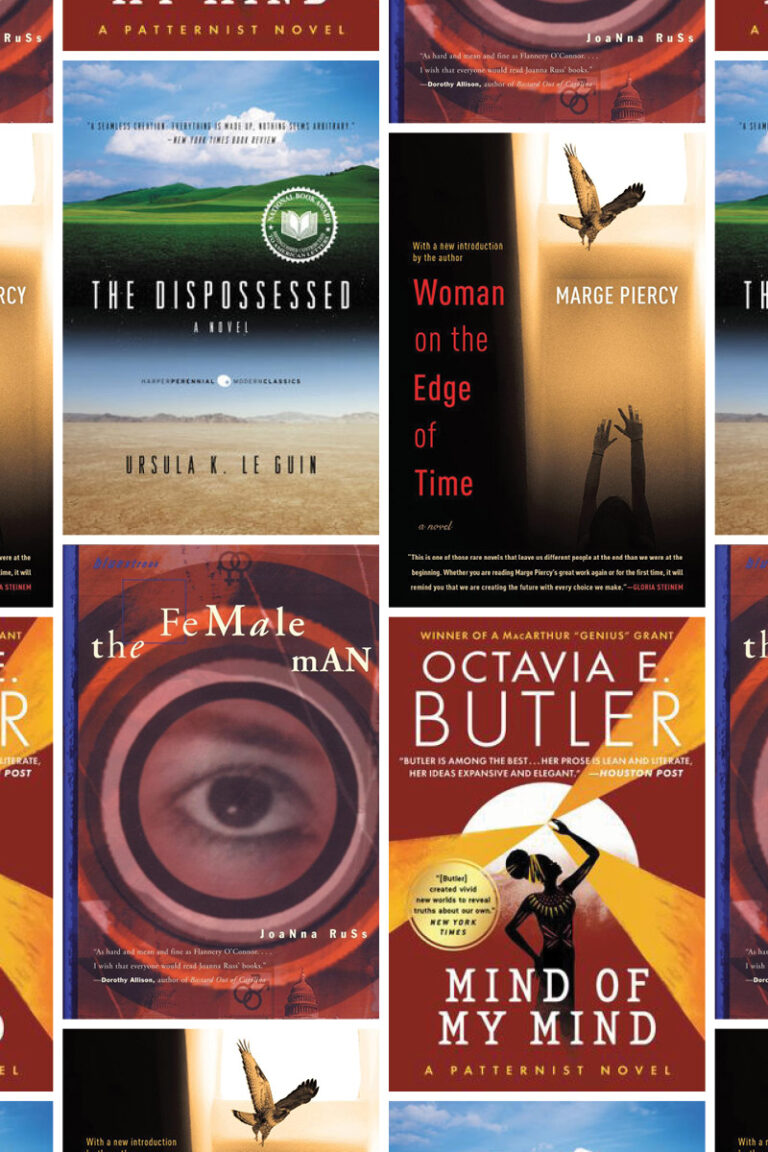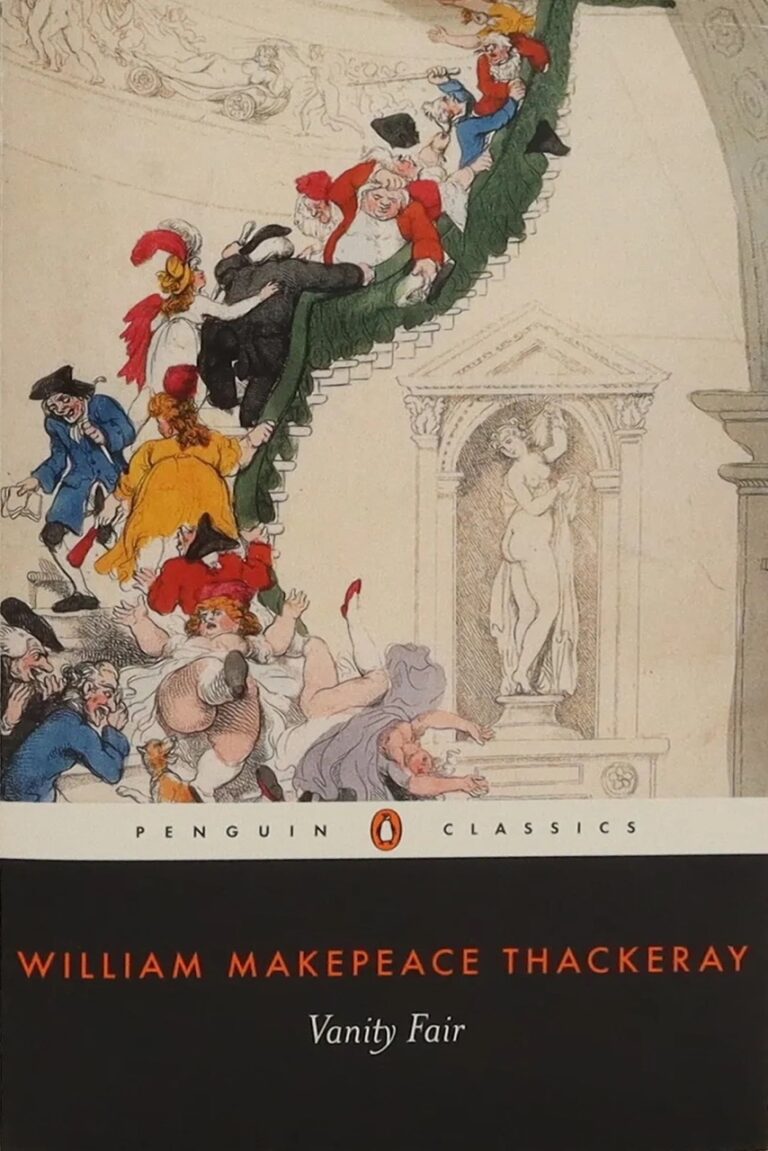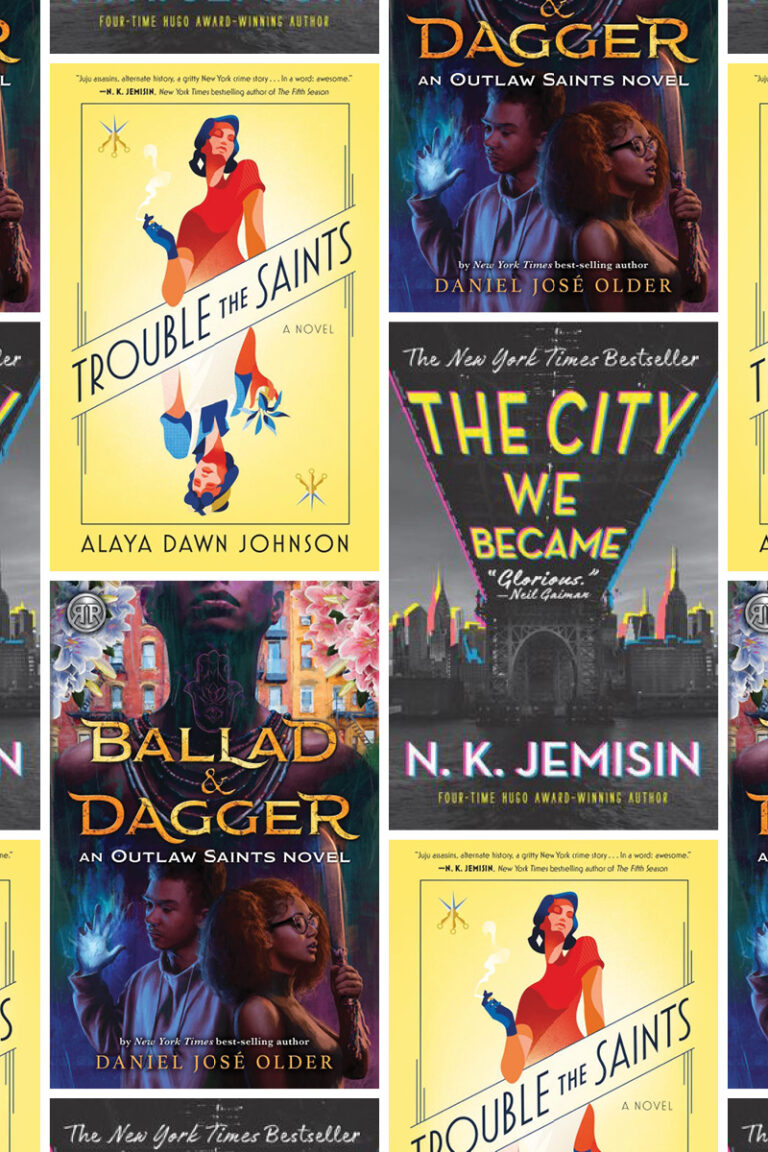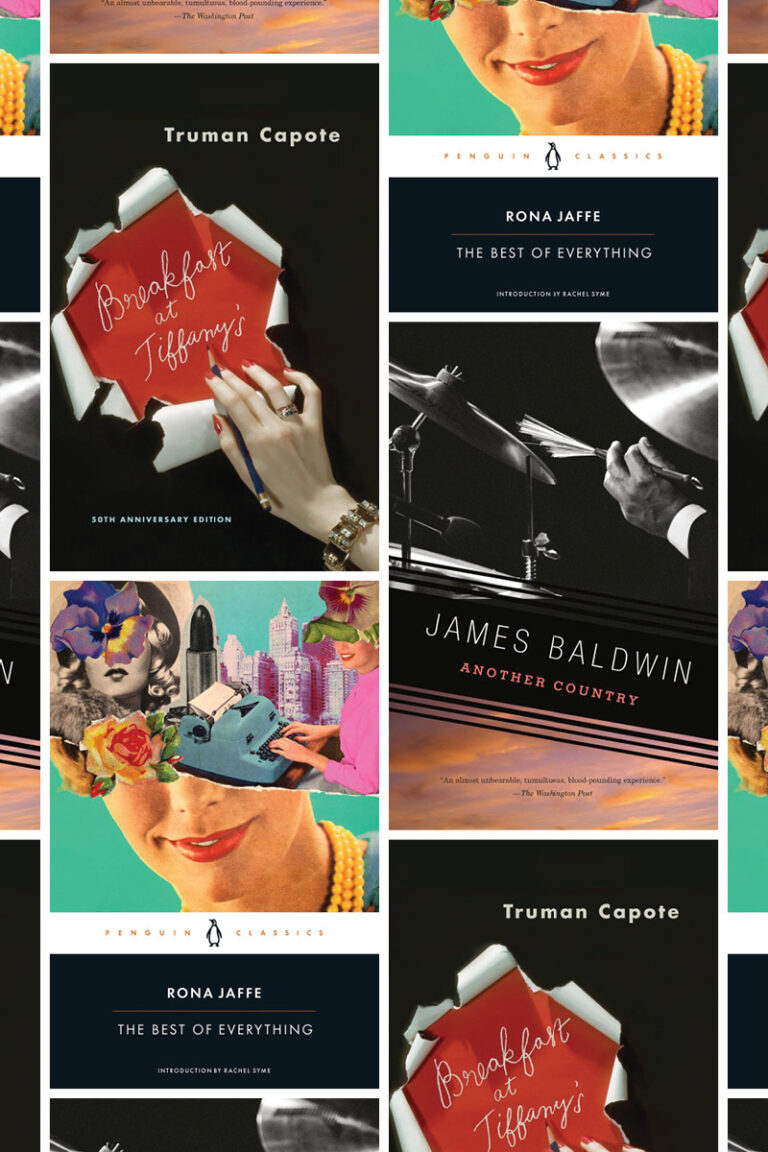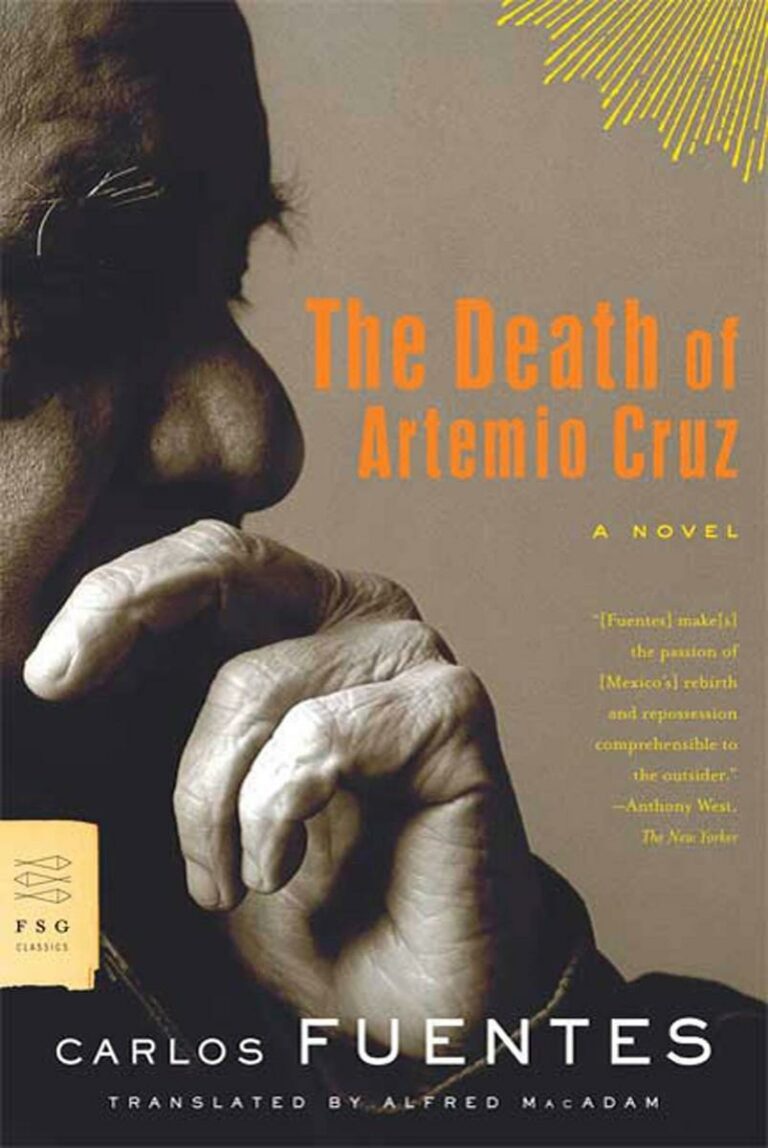$150
2 Sessions
Out of stock
Saturday & Sunday 11:00 am EDT - 2:00 pm EDT July 15 to July 16, 2023
Online via Zoom
Emily Dickinson wrote, “If I read a book and it makes my whole body so cold no fire can warm me, I know that is poetry.” The most obvious way that poetry acts upon us is via surprising and arresting imagery, and a word choice that might be sparse but which conveys emotion in such a way that makes us feel, per Dickinson again, “physically as if the top of my head were taken off”. The key in poetry is to infuse your poems with sentiment in just the right way and with the right balance so that it does not veer into sentimentality. Sentimentality is something that many poets who have been through the MFA or creative writing program model are afraid of. They will shy away from expressions of feeling, emotion, or sentiment, erroneously confusing it with effusiveness, or sentimentality. As a result they will extirpate it from their writing, producing work that might feel somewhat bloodless. Conversely, poets who work without enough feedback from a literary community can sometimes overindulge in sentimentality. When I think of poems that effectively use and navigate emotions, John Donne’s balance between intellect and heart, imagery and ideas comes to mind, as does the reticence of Elizabeth Bishop, who uses anxious animals to stand in for her experience. Indeed, in her insistence that “the art of losing is not hard to master”, we feel her loss.
This workshop is suitable for anyone from intermediate to advanced level. An intermediate student is someone actively writing in their own time, but who perhaps lacks feedback and literary community. We will follow the MFA / MA in Creative Writing model, whereby students share their work in advance of class. Class will be dedicated to reading our work and offering positive constructive critique. We will also dedicate a portion of class to reading the poems of writers from previous centuries as well as modern poets, from a variety of literary traditions, via the lens of sentiment and sentimentality. We will look to them for examples of how to open a poem, and how syntax and word choice can play a large part in our success. We will study what we might include and leave out, and how poetic closure can play a big part in producing successful work. As an Irish poet who holds an MFA from New York University, and who has been informally mentored by several Irish poets, I have a deep familiarity with both literary traditions. I have also studied English literature and hold an MA in Spanish literature. As such, I can offer a wide, comparative approach.
Course Outline
When we think of poets who use emotion effectively, John Donne’s balance between intellect and heart, imagery and ideas often comes to mind, as does the touching reticence of Elizabeth Bishop. Indeed, in her insistence that “the art of losing is not hard to master”, we know she means the opposite. In this weekend class, we will look at how expressing emotion is central to poetry, as well as how to open a poem, how to successfully address difficult subjects via both direct address and what Emily Dickinson described as telling it “slant”. We will look at syntax and word choice, imagery and metaphor, what we might include and leave out, and how poetic closure can play a big part in producing successful work. This class is a blend of creative writing workshop and in-class writing, and uses prompts from the work of Elizabethans, Victorians, as well as 20th- and 21st-century poets from Latin America, Spain, the USA, Ireland and England to inspire us.
Capacity: 20

Led by
-
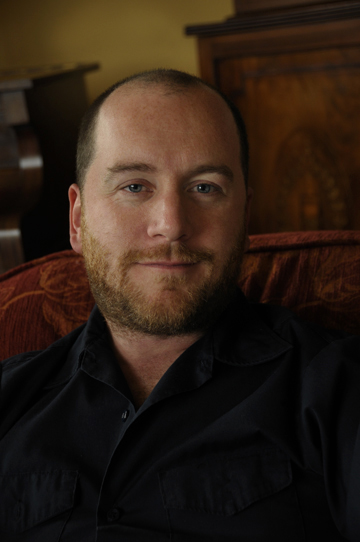
David McLoghlin
David McLoghlin
David McLoghlin is a poet, nonfiction writer and teacher and mentor of creative writing. His books are Waiting for Saint Brendan and Other Poems and Santiago Sketches (Salmon Poetry, 2012, 2017); a third book is nearing completion. He was awarded second prize in Ireland’s Patrick Kavanagh Awards, was selected to participate in Poetry Ireland’s Introductions reading series, was a prize-winning finalist in The Ballymaloe International Poetry Prize, and won the Open category of the Voices of War International Poetry Competition. He has received grants and fellowships from Kerry County Council (to attend The Tyrone Guthrie Centre at Annaghmakerrig), Ireland’s Arts Council, The Sewanee Writers Conference and New York University, where he was an MFA candidate (2010-12). He teaches creative writing in Ireland with Poetry as Commemoration, Writers in Schools, and is a mentor with the National Mentoring Scheme, and works as an Arts Facilitator with Cork County Council Library and Arts Service. In the USA he was Resident Writer at Hunts Point Alliance for Children in the South Bronx, taught at Sunken Garden Poetry Festival in Connecticut and at New York University, and was a Teaching Fellow at Coler Specialty Hospital in New York City. His work has appeared widely in Ireland and the USA, where he lived for 10 years before returning to live in Cork, Ireland, with his family.
By David McLoghlin
-
.
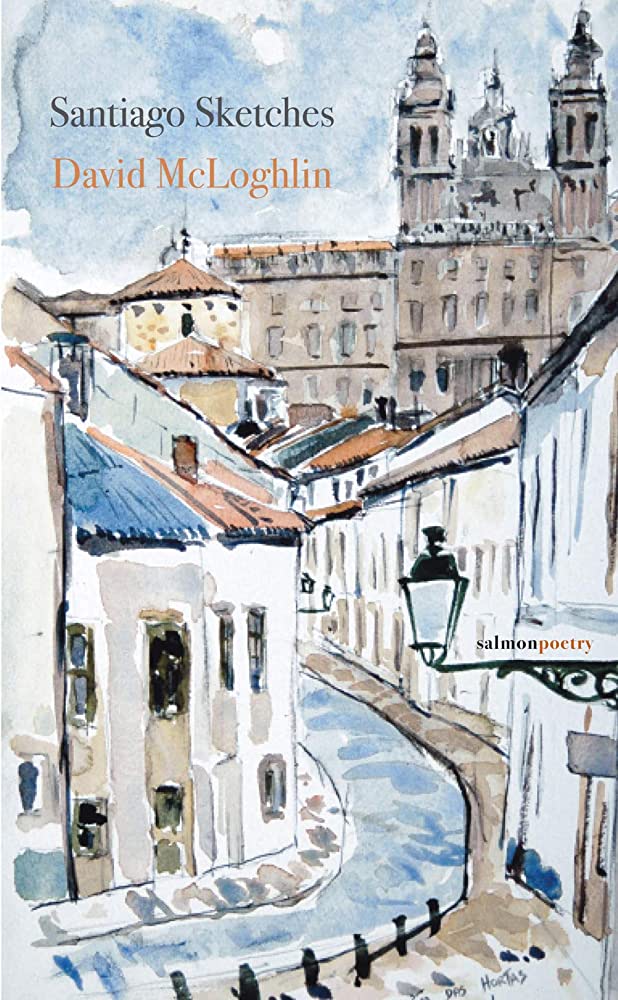
Santiago Sketches
By David McLoghlin
Published by Salmon Poetry
Santiago Sketches is a book of short, imagistic poems entirely set in Santiago de Compostela, where the small and the local are revealed to be universal, mirroring the process whereby this small city near finis terrae became central to human patrimony and declared a world heritage site by UNESCO. Since the 12th-century Codex Calixtinus—the first Camino de Santiago guidebook—many books have been written about the paths to Santiago. Santiago Sketches is one of the first books in English about living in that city to which millions have travelled, but which most arriving pilgrims depart after a brief stay. Here, McLoghlin uses his fluency in Spanish and galego, and his background as a Hispanist, to capture what Virginia Woolf called “moments of being,” and translate them to us.
About this series
Writing Workshops
We strive to make our classes the most inviting and rewarding available, offering an intimate environment to study with award-winning, world-class writers. Each class is specially designed by the instructor, so whether you’re a fledgling writer or an MFA graduate polishing your novel, you’ll find a perfect fit here.


